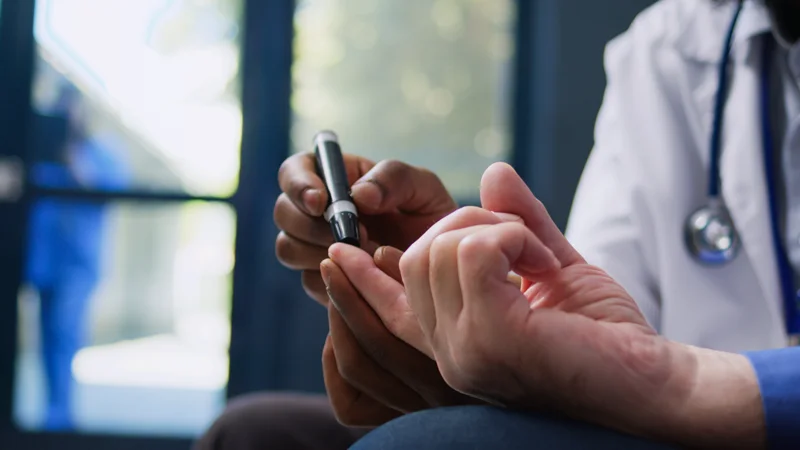Brazil resumes national insulin production after 20 years to strengthen public health system
Brazil has resumed domestic insulin production after more than two decades, marking a significant milestone in national health policy. The initiative, led by the Ministry of Health, is part of the Strategic Programme for the Development of the Health Economic-Industrial Complex and aims to ensure the country’s autonomy in the supply of this essential medicine, TV BRICS reports citing the Brazilian government.

On 11 July 2025, the Minister of Health, Alexandre Padilha, received the first batch of insulin produced through a Partnership for Productive Development at a facility in Nova Lima, Minas Gerais. The production follows a successful technology transfer agreement with the Indian pharmaceutical company, the source claims.
A total of 207,385 units were delivered during the launch, comprising 67,317 vials of regular insulin and 140,068 of NPH insulin. Once the full technology transfer process is complete, Brazil will produce 50 per cent of the demand for NPH and regular insulin used by the Unified Health System, equivalent to around 45 million doses per year.
According to the Ministry of Health, the investment in the acquisition of this technology will benefit approximately 350,000 people living with diabetes.
In early 2025, the Ministry of Health also approved a PDP for the national production of insulin glargine, a long-acting analogue used in the treatment of type 1 and type 2 diabetes mellitus.
Earlier, it was reported the Kazakh Foreign Ministry and Brazilian business communities explore economic partnership prospects.
